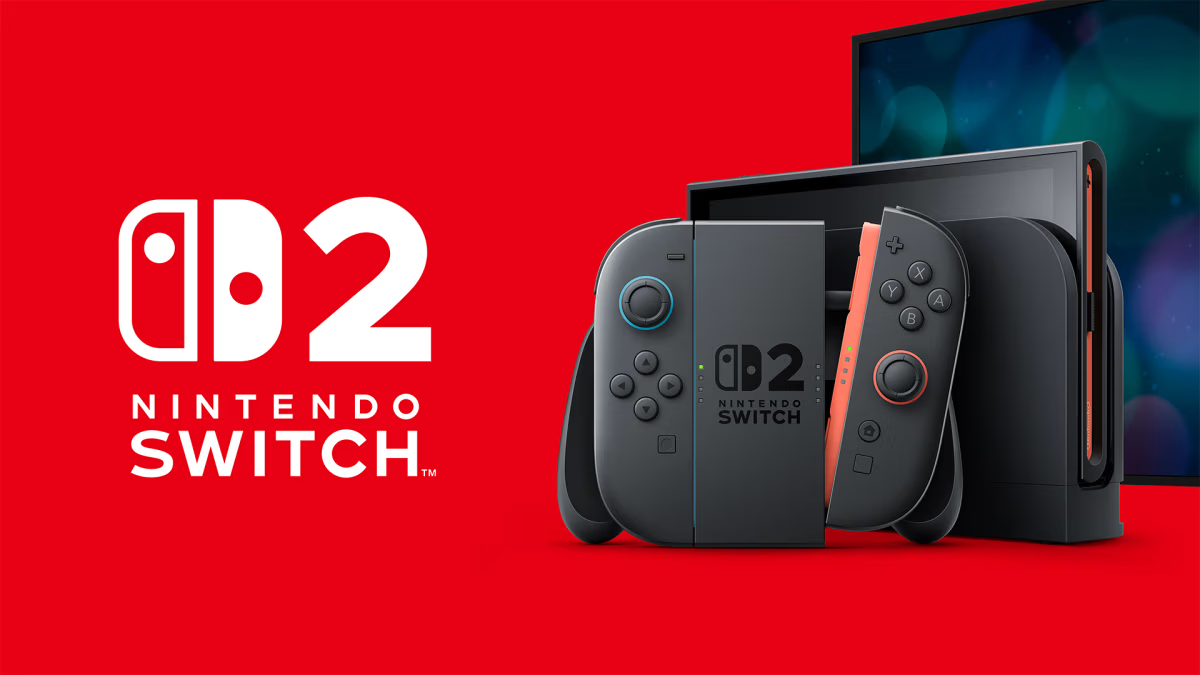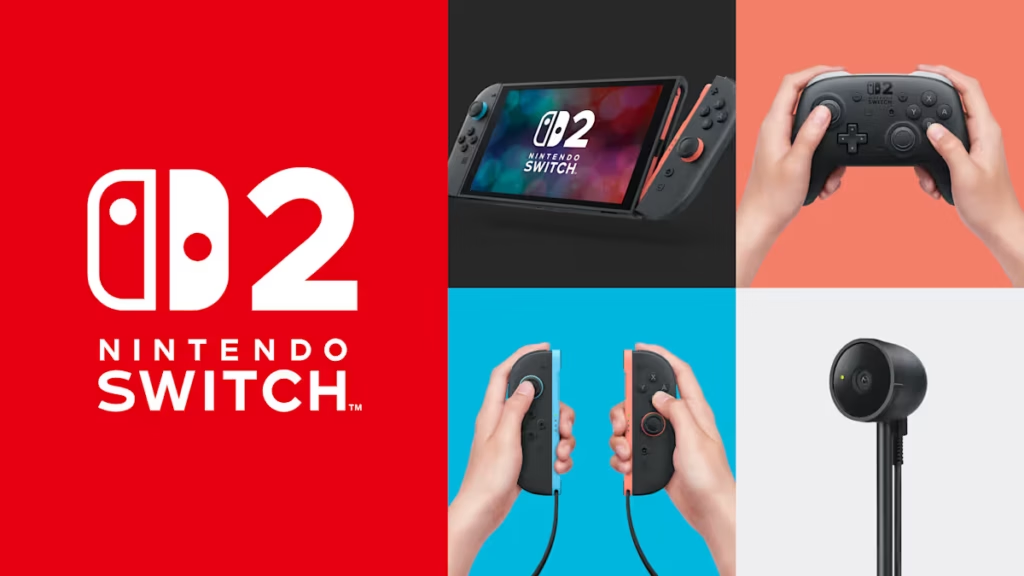
According to a report from IGN and corroborated by internal dev sources, the setting is currently being deployed on a handful of launch titles, including Mario Kart World, Splatoon 4, and Pikmin Bloom+. The mode lowers frame rate caps from 60fps to 30fps when in handheld mode, applies AI-based resolution scaling, and limits background Wi-Fi processes to preserve juice during long sessions.
🎮 Suggested Reading
What Does the Switch 2 Battery Optimization Mode Actually Do?
The battery optimization mode will appear in the system menu under Power Settings → Handheld Performance. It can be toggled on per-game, or left on globally. When active, the system prioritizes lower heat, GPU load, and background processes — extending playtime by up to 40% based on Nintendo’s early testing.
This is the first time Nintendo has offered this level of granular battery control, and it signals a shift toward giving players more say in how their hardware behaves — much like modern mobile gaming or Steam Deck settings.
Why It Matters for the Hybrid Design

The original Switch was often criticized for inconsistent battery life — especially when playing open-world titles or games with dynamic resolution scaling. With this new mode, Nintendo is preemptively addressing those issues for its next-gen audience.
It also allows the Switch 2 to compete more directly with mobile-first gaming systems, which often offer battery toggles, refresh rate control, and GPU throttling.
Final Thoughts
Battery life has always been a balancing act for Nintendo handhelds — but the Switch 2 battery optimization mode shows the company is ready to treat power settings like a core feature, not a background afterthought.
For players who game on the go, this may be one of the most impactful updates the system has — especially as games get bigger, brighter, and more performance-hungry.
🔗 Related: Read our Nintendo Switch 2 full spec breakdown for more performance insights.


